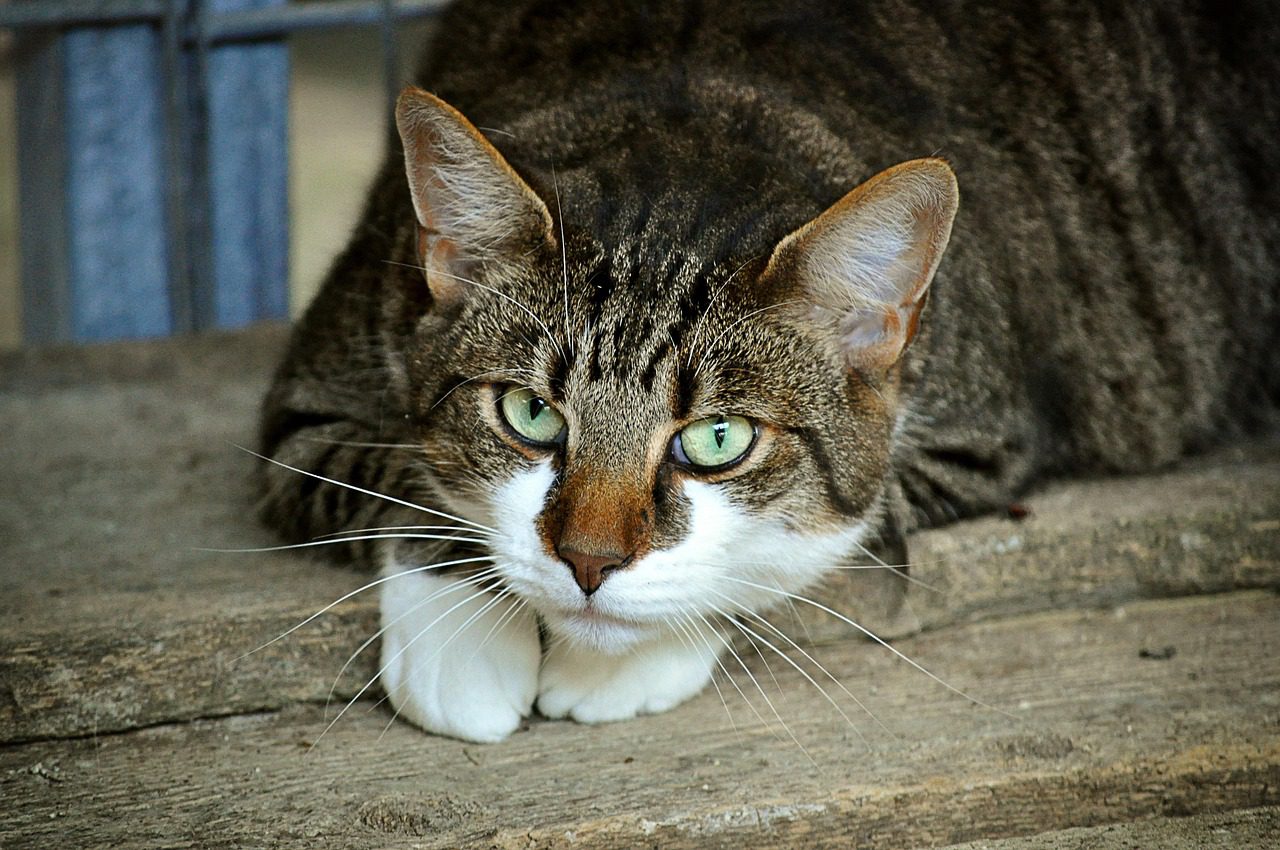“I cannot bear to see Tatiana suffer: please put her down!”
Tatiana was ill, but I was shocked when her owner requested euthanasia. We were only a few minutes into our consultation. I suspected I knew what her problem was, but had not yet had time to confirm anything. So I was unprepared for such a precipitous request.
She was a gorgeous tortoiseshell lady, very loving and gentle. But she had recently lost a great deal of weight. She was drinking copious amounts, and in the last 24 hours had started refusing food and vomiting.
I wanted to run tests to see whether she might be newly becoming a diabetic. If so, she had an excellent future as I knew that her owner was a Nurse Practitioner, so would presumably cope really well with injecting her little friend. My experience had been that the majority of new diabetic pet owners baulk if they themselves are needle shy. Our specialist Diabetic Nurses have become exceptionally skilled at coaching reluctant clients into becoming competent insulin injectors!
It’s odd what assumptions we make. I assumed that being a medical practitioner for humans Tatiana’s owner would be understanding and informed that diabetes was a completely manageable disease, and that Tatiana had a good expectation of a normal comfortable lifespan, with insulin.
And Tatiana’s owner was making assumptions too.
Luckily she gave me time to offer some advice about how well cats respond to treatment, and how resilient they are to diabetes. She then allowed her to be tested. A urine sample and blood tests promptly confirmed our thinking, and insulin treatment was started at once.
Diabetes mellitis is caused by a reduction in the production of appropriate amounts of natural insulin from the pancreas. This results in wide swings of blood glucose levels, and a desperate thirst. The bladder gets overfull, and indoor accidents can become an issue.
Fortunately, although cats can become diabetic, their systems are quite comfortable with wide ranges of blood glucose, and they rarely suffer the cataracts that human and canine diabetics regrettably can experience.
It has been a real pleasure to watch Tatiana recover and live for years afterwards, even reminding her owner herself when her injections are due.



